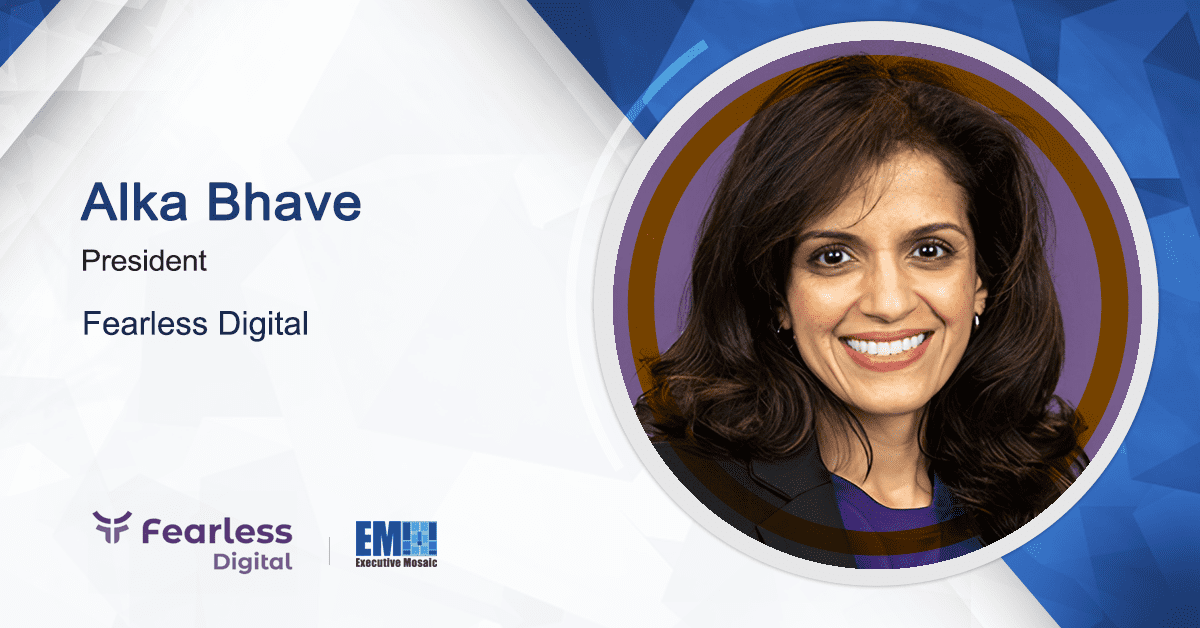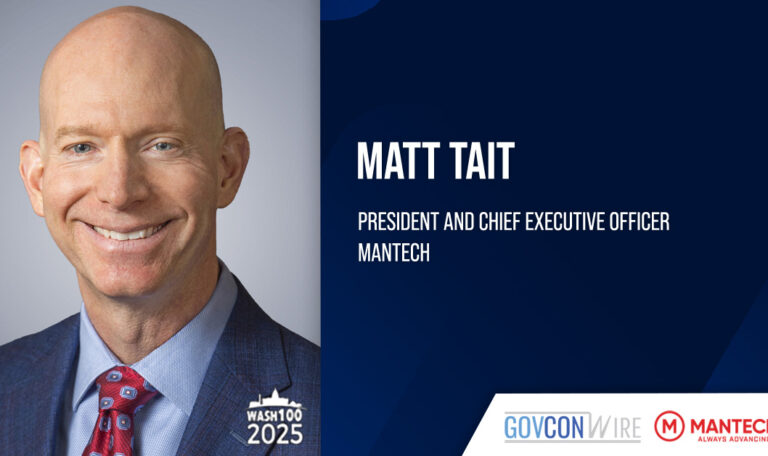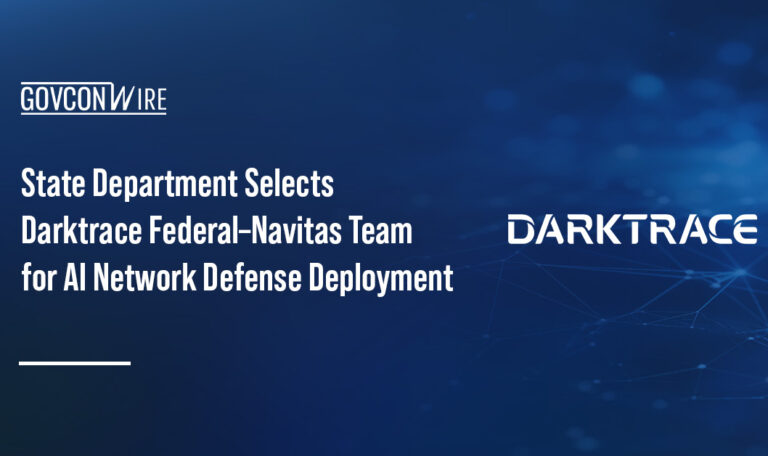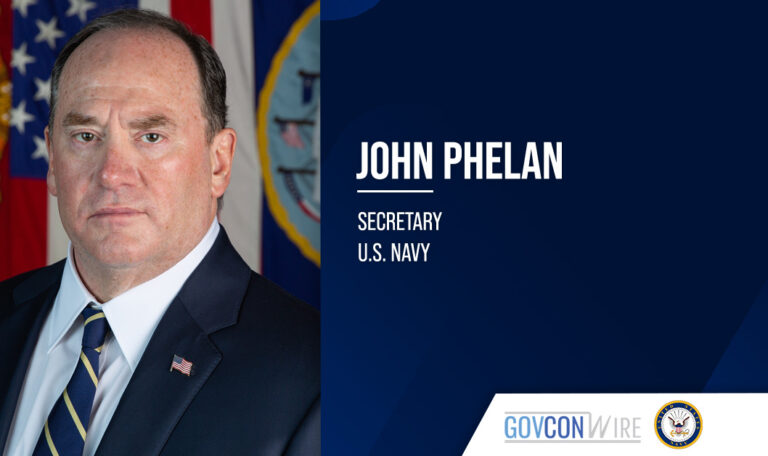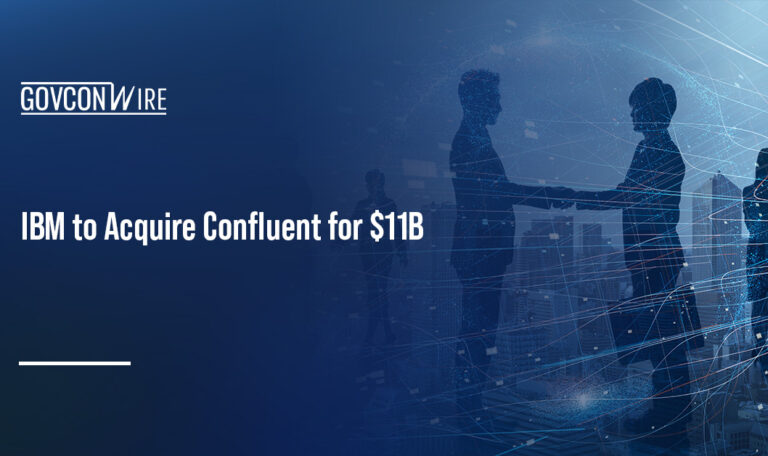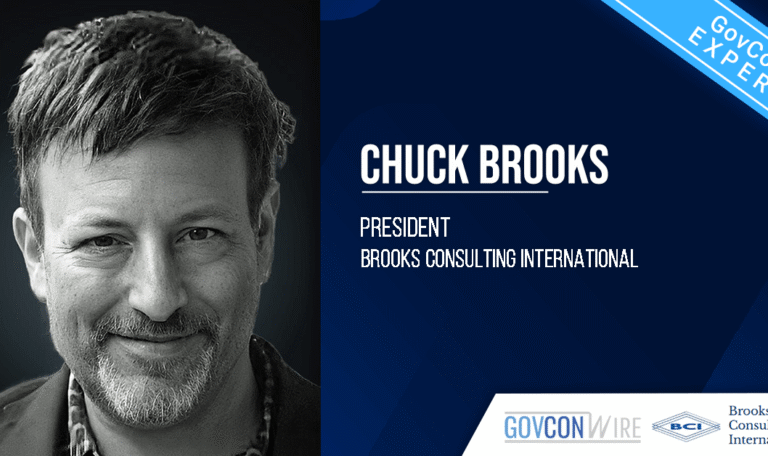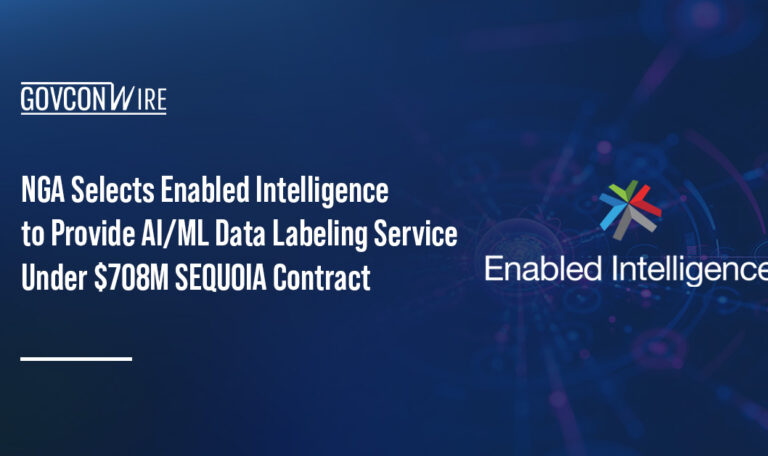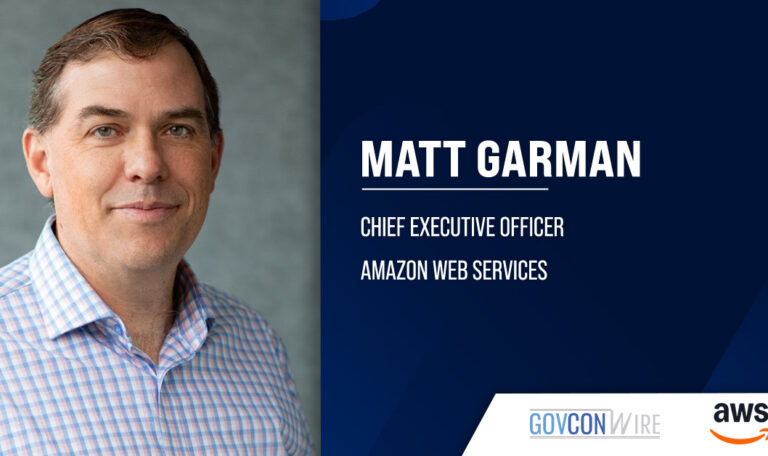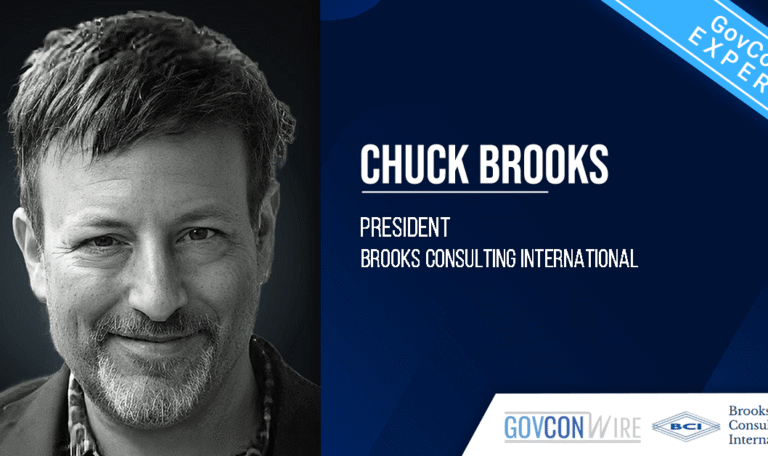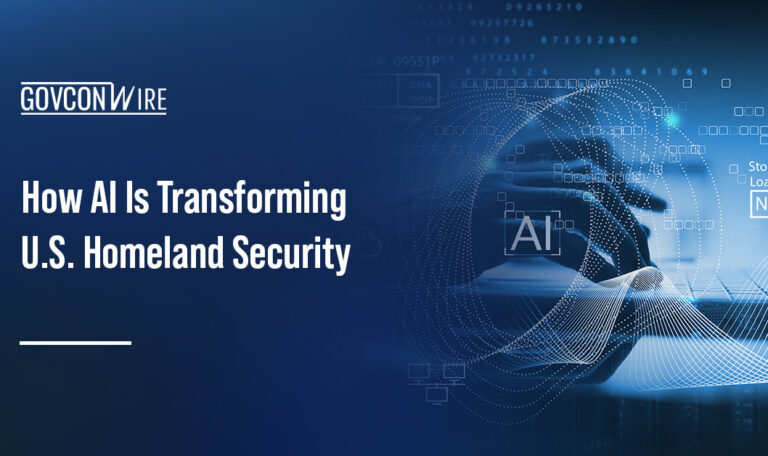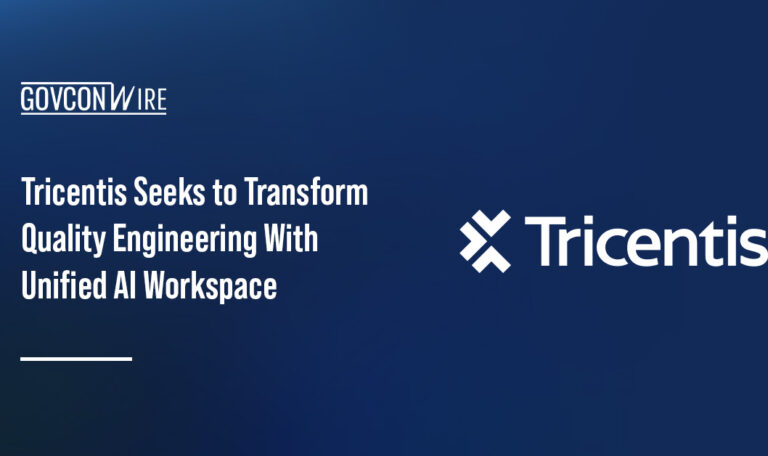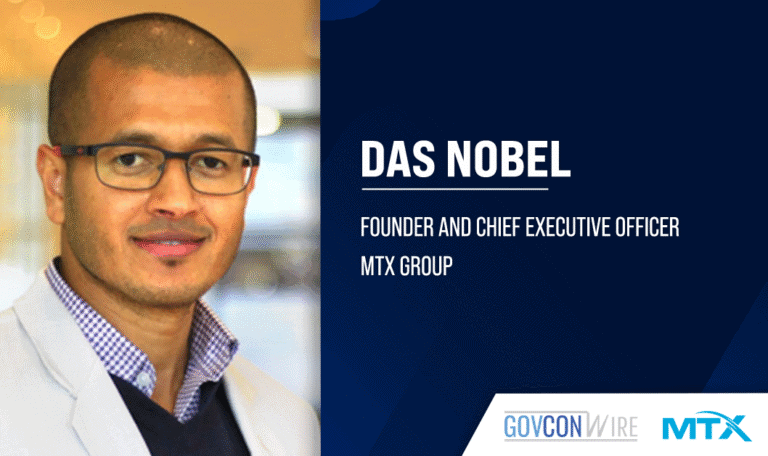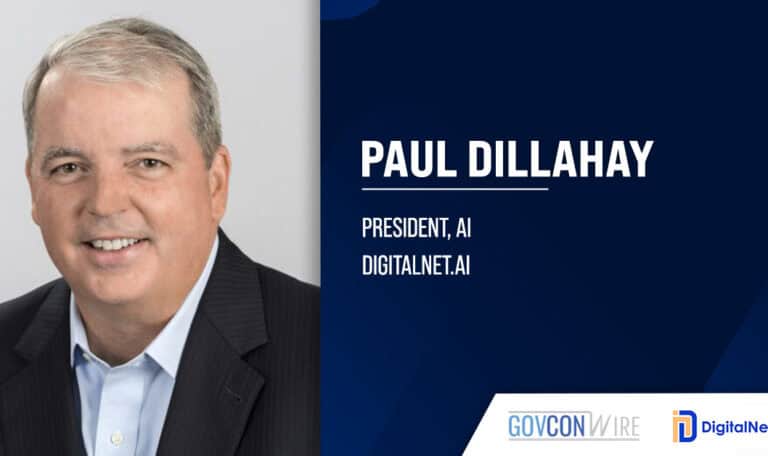The digital component of the U.S. government’s broader modernization goals has become more critical in recent years as the digital landscape expands and uncovers new opportunities and needs. And at Fearless Digital, Alka Bhave is working to enable effective digital transformation for government customers.
Bhave, who became president of Fearless Digital in 2023, sat down with Executive Mosaic to talk about who Fearless is, what it means to be a digital services integrator and what’s on the horizon for the company.
Alka, you recently became president of Fearless Digital. Can you tell us a little bit about who Fearless is and what you do?
Fearless Digital is an impact-driven digital services integrator. We design, engineer and deliver digital solutions to solve problems, enable transformation and create lasting impact. So what does a digital services integrator do? We build and scale complex systems across the government by combining technology, data, methodologies (such as DevSecOps and Agile) and add our differentiating human-centered design and change management approaches to drive transformation. We are an enabler for driving good. We are proud of our strong reputation in industry for our people-centered approaches to everything we do. This makes us stand out from the crowd.
Our roots began in support of a single IC customer 15 years ago, but since then we’ve exploded into three main portfolios for federal civilian, health and national security and defense customers, and two emerging ones for SLED and commercial. Our focus is two-fold. First, we want to be a trusted partner that our government customers lean on for leading transformation. The other is to continue to be a role model as one of the most diverse and inclusive companies in GovCon.
We have a diverse workforce to brag about and be proud of — we’re almost 50 percent women and 50 percent BIPOC. We’re likely one of the most diverse and inclusive companies in GovCon. And it’s proven that diversity results in diverse thought, which drives innovation and better outcomes.
This is why we’re special. Fearless bring this diverse thought to our customers to solve their hardest problems. Our core areas of focus — efficient government, supporting human life, raising quality of living and supporting equity and social justice — are centered on uplifting people and our communities. And these focus areas are a powerful differentiator as we have the diverse expertise, experience, approaches and drive to do good, which are necessary ingredients to tackle the challenges that hit a diverse America.
We are on a path for rapid scaling of our impact. By 2030, our goal is to improve 100 million lives, be positioned in 10 countries and generate $1 billion in revenue.
I know you come to Fearless after decades of leadership experience in the GovCon space. What is your perspective on the government’s biggest challenges in this moment, and how is Fearless equipped to address these challenges?
Government’s biggest challenge is moving away from silos. Nothing new there. However, how we use data is critical in this shift. All agencies have now become data agencies — whether they realize it or not. The focus is using that data effectively to think differently, to work differently and to get better outcomes for the public. There is a necessity to move to common platforms for greater interoperability. That’s government as a platform.
Moving to government as a platform requires a shift to digital services integration. Another challenge is ensuring that inclusive design principles are leveraged in this shift. The needs and perspectives of diverse user groups must be considered to ensure that the services and solutions support all constituents fairly.
Fearless is proud to be the government’s trusted digital services integrator and partner in their transformation. A great example of the outcomes we’ve led for our customers is GSA’s Login.gov — the public’s one account for access to OPM’s USAJobs, DHS’ Global Entry, Small Business Administration and more. These participating agencies use Login.gov to provide one entry point to services.
Another example of breaking down stovepipes is our support to the National Archives and Records Administration to digitize 13 billion records in the agency’s possession and bring the NextGen Catalog project to the public, which enables a more accessible, scalable and user-friendly single platform to our nation’s invaluable historic records.
AI has been a major focus in the federal landscape in recent years. Where are you seeing the most promising opportunities to deploy AI for your government customers?

The applications themselves are countless — public safety and health, civic innovation, administrative efficiency, defense and security, environment, natural disasters, conservation, transportation and more. But we must keep the focus on using it for good and ensuring the right guardrails are in place to do this.
President Biden’s executive order last fall on Safe, Secure and Trustworthy Artificial Intelligence was a pivot point and set the stage. Since then, numerous measures have been introduced. The No AI FRAUD Act was a bipartisan bill introduced to protect American’s identifies from misuse via AI. The NO FAKES Act from the Senate set out to prevent a person from producing or distributing unauthorized AI-generated replicas of an individual to perform in an audiovisual or sound recording without the consent of the individual being replicated. And just a few weeks ago on Feb. 1, the bicameral AI Environmental Impacts Act was introduced to better understand the environmental impacts of the technology’s development and use.
We are also seeing good movement with state governments. In the last six months, governors in Maryland, Virginia, Pennsylvania, New Jersey, California, Wisconsin and Oregon have also issued executive orders or formed task forces around AI and digital services. AI.gov is also a good resource that lists the government uses of AI — it’s an extensive compilation of the types of applications, agency-by-agency.
The opportunity space is to help both federal and state agencies in their modernization journey, and help to connect federal and state efforts in a way that collectively takes our citizens forward. Fearless is partnering with both federal and state agencies to implement ethical, safe and beneficial AI practices through technology, policy and workforce transformation.
Effective AI relies on data that’s clean and unbiased. How are you tackling the issue of data integrity and data collection in support of AI advancements?
The tech is as good as the data it uses, the people involved in developing it and the governance/process to utilize it. If a model is inaccurate or incomplete, it can learn incorrectly. We need to prevent baking-in bias. AI models can embed human and societal bias and deploy them at scale, and underlying data is the source of this bias. That’s why we use inclusive design principles to combat AI bias.
People of color and women are among the demographics underrepresented by generative AI models. Another group is neurodivergent learners who may have challenges with visual or verbal communication.
We need to ensure representation through different samples of data — like diverse data sources and types including unstructured, text, images and videos. We should ensure integrity through regular data audits, monitoring for outliers and errors. From a process standpoint, we need robust data governance policies, and we should build AI ethics into product development frameworks.
Focusing on people, we must ensure diversity in development teams. A diverse team is more likely to recognize and address biases in the development process and create AI systems that cater to a broader range of perspectives.
Let’s talk about the workforce. How are you working to upskill and build up a workforce that is able to harness the power of AI effectively?
Baltimore was recently named a winner of the Federal Tech Hub Designation led by Greater Baltimore Council (GBC), as announced in President Biden’s press conference last October. Fearless is proud to have a leading role in that effort. This designation allows the consortium to compete for millions in federal grants to develop new innovations in AI that can be applied to healthcare and biometrics. As part of this consortium, Fearless is committed to building up not only a workforce, but an ecosystem of companies to support AI advancements, and we’re going to do that in Baltimore.
Fearless is focusing on training workers from underrepresented and nontraditional backgrounds in Baltimore and other communities. We are also increasing support in new minority-owned companies and the skills training of underrepresented communities. Both of these are critical to ensuring there is broader representation in the future of AI.
As an example, Fearless is working on apprenticeship programs and currently collaborating with HBCUs such as Morgan State University, which has a center for Ethical AI and Machine Learning, to build talent pipelines.
It’s absolutely critical to upskill and build up a diverse workforce, especially in technology that helps to reduce data bias and also improves understanding of potential bias not anticipated by those not part of minority populations.


